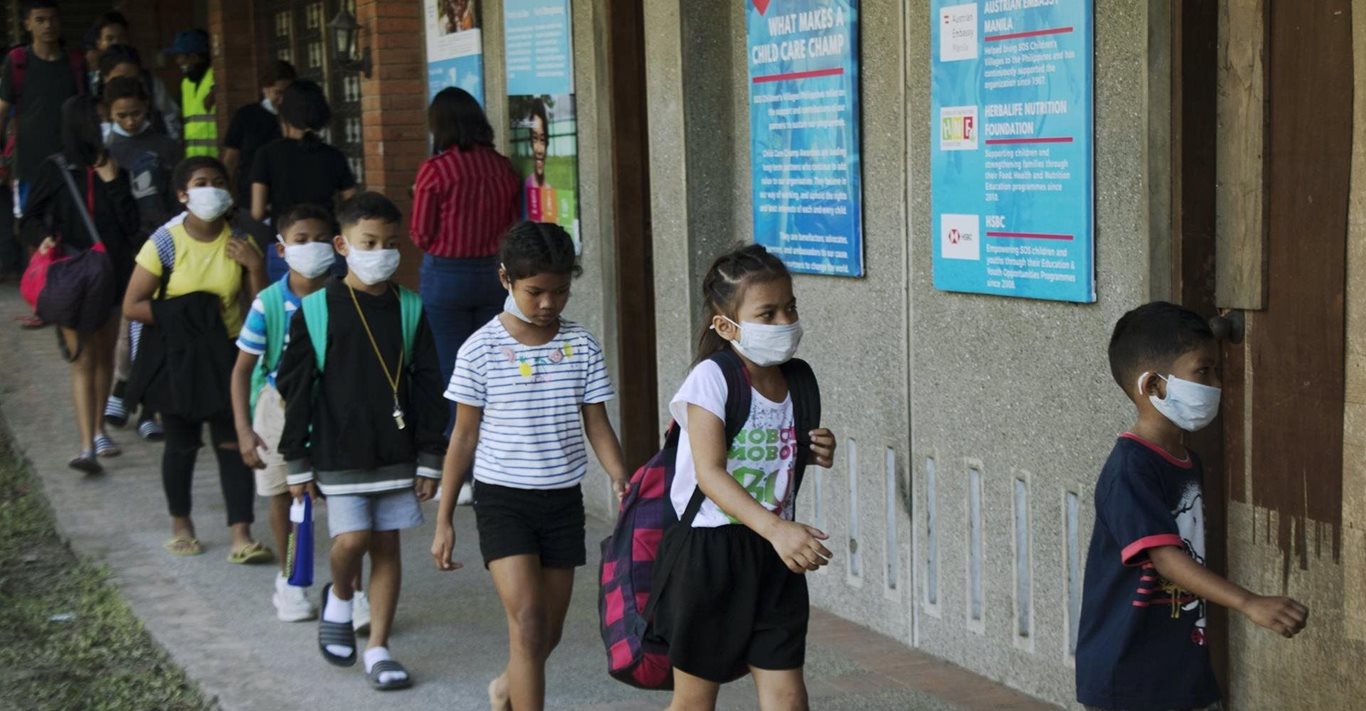The global COVID-19 pandemic has left us all living in uncertain and challenging times, with the situation changing rapidly. Many of us have been forced to make huge adaptations to our daily life, and we don’t have a good sense of how long these changes need to be made for and when things can start getting back to normal.
In these chaotic and uncertain times, SOS Children’s Villages’ more than 70 years’ experience of operating in active and immensely challenging emergency situations has been critical. With our established global infrastructure, network of partners and trusted recognition as a reliable partner in quality care, we can very quickly launch emergency response programmes for children and families who need urgent assistance.
To ensure the health and safety of the nearly 70,000 children and young people in our Children’s Villages and youth programmes, as well as some 39,000 staff members around the globe, we have been closely following the advice of the World Health Organisation.
Local staff also are following the recommendations of their national health authorities to define measures to best protect children and staff that fit within their local context.
But overall, as a precaution, children and staff in some high-risk countries are staying within the Children’s Village, and visits from people outside the village and other facilities are restricted. In all countries, staff have been urged to develop and put in place Emergency Preparedness Plans for their programmes and facilities.
In Palestine, for example, all visits to the SOS Children’s Village in Bethlehem have been cancelled until further notice, normal planned activities are on hold and the children are staying either at home or in the playground of the SOS Children’s Village. Their contact with the outside world has been strictly limited. At the same time, they have also increased levels of cleaning and hygiene awareness to try to prevent the risk of infection, and are using online learning platforms to home-school the children in their care.
On paper, these adaptations sound relatively simple – but as SOS Parent Hanan explains, that doesn’t mean they are easy.
SOS parents are much busier than before. We have to always watch our children, and keep an eye on their personal hygiene as well as schooling them at home. That takes a lot of time. I also have to take care of my children’s psychological wellbeing, calm their fears and make them feel safe and loved at home. As SOS parents, we need to stay calm and patient in order to pass on the feeling of safety to the children.
The unique way SOS works means that we are there before a crisis hits, we remain there throughout the crisis and we stay there long-term to help people rebuild their lives once a crisis has passed. This means that, in spite of the unprecedented scale and scope of the COVID-19 crisis, we will be there, supporting the children, families and our own staff who need help for as long as it takes.
Please help to support our emergency response work and donate to our emergency fund.

